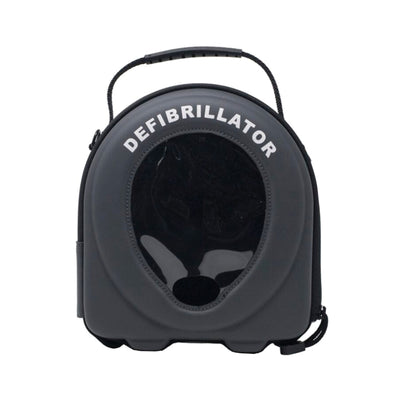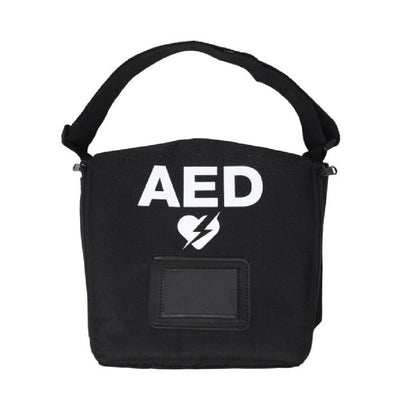Shop Trusted Medical Supplies for Everyday Health Needs

Whether you're selling a house first-aid kit or controlling a busy hospital, having the right medical supplies on hand could make all the difference. From slight reductions to crisis circumstances, being prepared means having use of crucial medical supplies that stop you and others safe.

But what precisely for those who have? And just how do professionals choose what's required versus what's nice to possess? Let's breakdown the must-haves for equally particular and skilled settings.
What're the most crucial medical supplies to help keep at home?
Every home needs to have a basic first-aid kit. At minimal, include adhesive bandages in a variety of sizes, sterile gauze pads, medical record, antiseptic wipes, and tweezers. Put a digital thermometer, disposable gloves, and over-the-counter suffering relievers like ibuprofen or acetaminophen.
For people with kids, contemplate including a cool group, saline solution for attention rinsing, and antihistamines for allergic reactions. Keep your materials in a very good, dried place and check always expiration times every six months.
How do skilled medical materials change from particular types?
Qualified medical conditions demand a larger normal of equipment. Hospitals and hospitals stock diagnostic tools like stethoscopes, blood force displays, and heart oximeters. Additionally they keep bigger amounts of consumables such as for instance syringes, IV catheters, and sterile hurt dressings.
Particular protective gear (PPE) is yet another crucial difference. While a property set might include a several pairs of gloves, healthcare adjustments require goggles, dresses, experience guards, and shoe addresses to keep up infection get a handle on protocols.
What medical items are trending at this time?
Telehealth has transformed how people think about home healthcare. Portable diagnostic products like at-home body stress watches and glucose yards are increasingly popular. Based on recent market study, the global home healthcare industry is expected to achieve $517 thousand by 2027, driven partly by ageing populations and a choice for in-home care.
Wearable wellness computer can also be on the rise. Smartwatches that track heart rate, oxygen levels, and also identify unpredictable heart rhythms are getting popular household items. They don't replace professional medical equipment but present valuable ideas for daily wellness monitoring.
How frequently must medical items be replaced?
Most sterile medical items have expiration appointments printed on their packaging. Bandages, gauze, and antiseptic wipes an average of last three to five years if located properly. Drugs should really be replaced according with their expiration days, often within anyone to three years.
For qualified settings, supply administration methods help monitor use and expiration dates. Typical audits make certain that expired items are eliminated and changed rapidly, sustaining the best protection standards.
Is there differences in medical products for various emergencies?
Absolutely. Normal disasters involve unique items like crisis blankets, water purification pills, and wound treatment objects for prolonged intervals without medical access. Activities clubs frequently hold ice bags, compression systems, and splints for injuries.
Workplaces with possible substance publicity require eyewash stations and specialized PPE. Knowledge your specific risk factors helps you build a tailored medical offer package that handles your special needs.

Wherever must you buy medical items?
For personal use, most pharmacies and online retailers carry quality first-aid supplies. Search for FDA-approved services and products and reliable brands. Skilled medical supplies must certanly be purchased through certified medical distributors who promise solution credibility and appropriate handling.
Volume buying can conserve money for professional settings, but assure you've satisfactory storage and uses items before they expire. Making associations with reliable vendors ensures regular use of the medical materials you'll need when you need them most.
